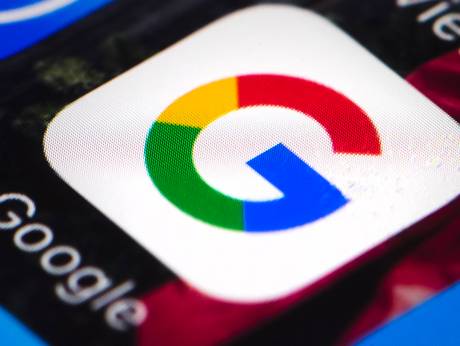by Barry Lynn and Matt Stoller
On Tuesday, Senator John Kennedy of Louisiana told the general counsels of Facebook and Google: “Your power sometimes scares me.” The problem, Kennedy said, is that the corporations know too much about us, and too little about themselves.
Kennedy illustrated his fears with two rhetorical questions. “If the CEO came to you … and said I want to know everything we can find out about Senator Graham … You could do that, couldn’t you?” On the other hand, Kennedy said: “You don’t have the ability to know who every one of [your] advertisers is, do you?”
This seeming paradox points to a fundamental problem that Facebook and Google cannot solve on their own; these institutions are designed to gather vast amounts of information about every American, but they are not built to manage that information in the interest of those individuals or the public as a whole, such as by preventing Russian hackers from targeting propaganda at specific voters.
It will take time to figure out how to ensure Google, Facebook and the other giant platform monopolists truly serve the political and commercial interests of the American people. The good news is that there’s a simple way to at least slow the rate at which the problem is getting worse. Don’t allow these dominant platforms to buy other companies.
If it’s clear that Facebook and Google can’t manage what they already control, why let those corporations own more? America’s antitrust enforcers can impose such a rule almost immediately.
For one thing, there is no doubt these corporations qualify for antitrust regulation. Facebook, for instance, has 77 percent of mobile social networking traffic in the United States, with just over half of all American adults using Facebook every day.
Nearly all new online advertising spending goes to just Facebook and Google, and those two companies refer over half of all traffic to news websites. In all, Facebook has some 2 billion users around the world.
For another, the Department of Justice and the Federal Trade Commission have all the authority they need under existing law. Indeed, the FTC itself partially created the “fake news” problem by failing to use its existing authority to block previous acquisitions by these platforms such as Facebook’s purchases of WhatsApp and Instagram.
Had those companies been allowed to grow and compete with Facebook, we would today see less power and control concentrated in that one corporation. The history of the platform monopolies themselves provides ample evidence of the power that comes from buying other people’s technologies.
One of the myths of the tech platforms is that they are innovative actors who invent new ways of doing things. They really aren’t. They are conglomerates.
Google’s Larry Page and Sergey Brin, in a project financed by a National Science Foundation grant, created a way to rank web pages that allowed them to build a very good search engine. They then used cash earned or raised off this early success to buy most of the rest of Google’s key products, including YouTube, Android, Deep Mind, Waze and Doubleclick. At a certain point a few years ago, Google was buying roughly one company a week.
Another lesson of history is that temporary restrictions on how these corporations can use their newly acquired technologies don’t solve the fundamental problem. Seven years ago, Google paid $700m for a company called ITA that provides software for the travel industry. The Department of Justice approved the deal on the condition that Google keep access to the software open to other businesses for at least five years. This year, Google closed that access. As Ted Benson, a former Googler, put it: “That’s an entire ecosystem of airfare startups executed with the stroke of a pen.”
These corporations already enjoy vast advantages over any potential rivals. In the case of Facebook, those advantages verge on being blatantly unfair. In 2013, Facebook bought a mobile data analytics company called “Onavo”. As a recent article in the Wall Street Journal made clear, Onavo allows Facebook to observe the online behavior of internet users, providing Facebook executives with an “unusually detailed look at what users collectively do on their phones.”
Facebook, in essence, gets to see which products are doing well and what features within those products users especially appreciate. It can then use this information to target fast-growing rivals with potentially fatal copycat techniques, and attempt to buy out these competitors.
A few weeks ago, Facebook bought a three-month old social networking company called TBH, which was growing quickly among teenagers. It’s not clear why Facebook bought the company. But it is clear this acquisition will only further entrench Facebook’s monopoly position in social media and expand its power over all competitors.
For this reason, we at the Open Market Institute recently called on the FTC to put a hold on all future mergers and acquisitions by Facebook – and potentially Google and Amazon. Such a ban on mergers would leave many big problems answered. It would not fix the Facebook and Google’s duopoly over online advertising, nor would it prevent foreign actors from using the company’s network to manipulate American voters.
But such a ban would help provide the American people with the time we need to figure out how to ensure these immensely powerful monopolies no longer threaten our most fundamental civic, artistic, economic and political freedoms.
(Barry Lynn is the Executive Director of the Open Markets Institute. Matt Stoller is a fellow at the Open Markets Institute).



